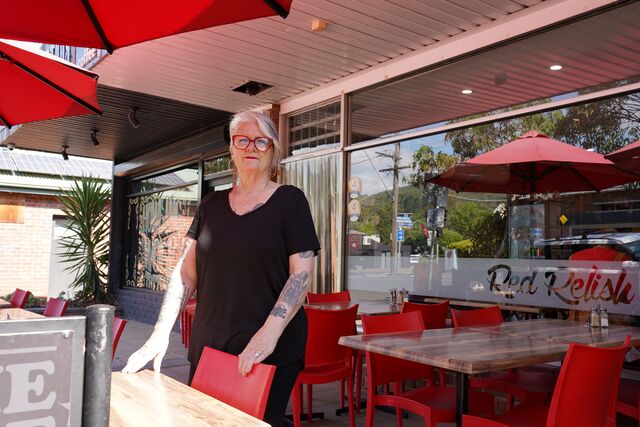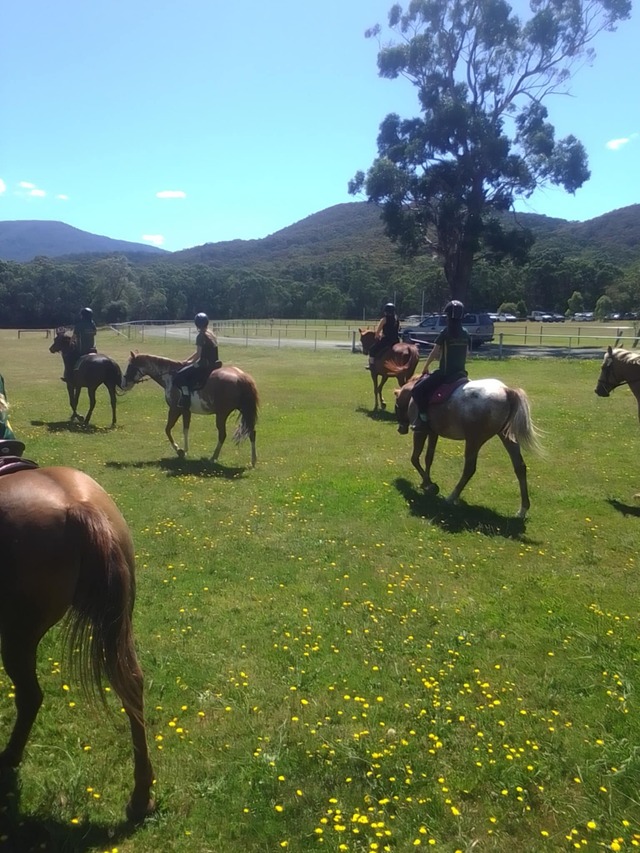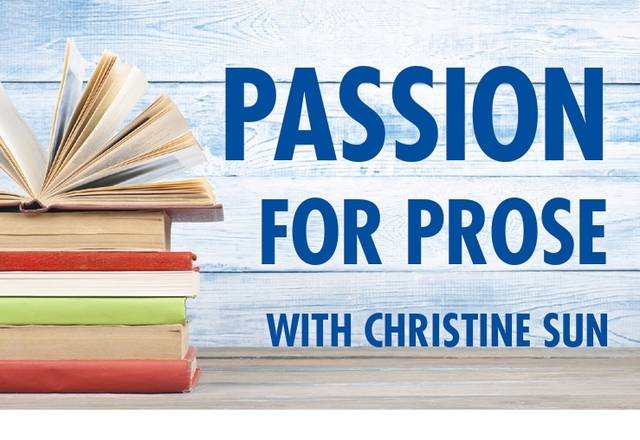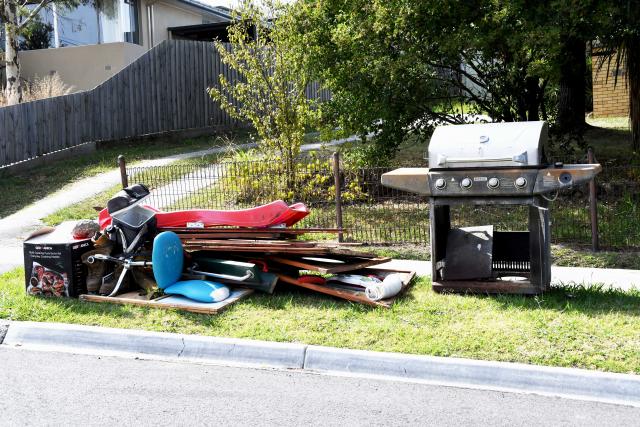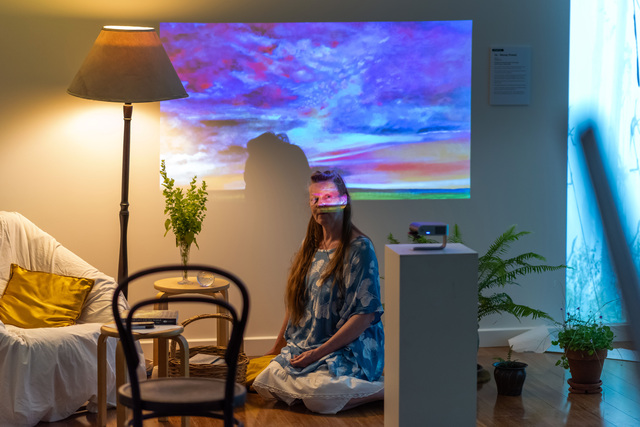The Wheeler Centre of Books, Writing and Ideas was founded in 2008 as part of Melbourne’s designation as a UNESCO City of Literature. Since 2010, it has enriched the lives of Melburnians with live and digital conversations, debates, readings and performances by local and international writers and thinkers.
For the forthcoming weeks, this reviewer would recommend three literary events. First and foremost, on July 6, some of Australia’s finest indigenous authors will gather at The Capital to discuss the publication of the landmark First Nations Classics series by the University of Queensland Press.
Released in May 2023, UQP’s first instalment of the series celebrates the brilliant and vital literary contributions made by Aboriginal and Torres Strait Islander writers across the decades. The eight books are: Unbranded by Herb Wharton, Follow the Rabbit-Proof Fence by Nugi Garimara (Doris Pilkington), Blood by Tony Birch, Heat and Light by Ellen van Neerven, Don’t Take Your Love to Town by Ruby Langford Gibini, The Window Seat by Archie Weller, Purple Threads by Jeanine Leane, and Holocaust Island by Graeme Dixon.
Even if you cannot attend the event, be sure to check out these books, which remain as important, engaging and relevant today as they were on first publication.
Meanwhile, on June 27, at the Wheeler Centre, internationally renowned journalist and author Louisa Lim will discuss the myriad ways in which China has been wielding its power on the global stage.
In 2014, Lim’s first book The People’s Republic of Amnesia: Tiananmen Revisited was praised by The New York Time as “one of the best analyses of the impact of Tiananmen throughout China in the years since 1989”.
Published in April 2022, Lim’s second book Indelible City: Dispossession and Defiance in Hong Kong was described as a “vivid and vital contribution to postcolonial history”. In her talk, Lim will reflect on her experience as a journalist striving to remain neutral while covering the drastic decline of her beloved Hong Kong under the Chinese rule.
Finally, on July 27, a panel of AI experts, academics and creatives will gather at the Wheeler
Centre to explore the current and future impacts of artificial intelligence on academia, publishing, the creation of art, and intellectual property.
Both supporters and opponents of the prevalence of AI will want to hear from insightful experts such as Kiowa Scott-Hurley, a Digital Science Migration Engineer (AI) at the Defence Science and Technology Group, and Lizzie O’Shea, chair of Digital Rights Watch and author of Future Histories: What Ada Lovelace, Tom Paine, and the Paris Commune can teach us about digital technology (2019) – just to name two of the panelists.
With recent media coverage that the “final Beatles record” will be released later this year with the help of artificial intelligence, issues such as copyright protection and the need to “defend our human capital against AI” (as warned by Sting) become increasingly prominent. Those interested in learning more should definitely check out the “Mind Over Machine: AI, Creativity, Humanities, and the Arts” event.


